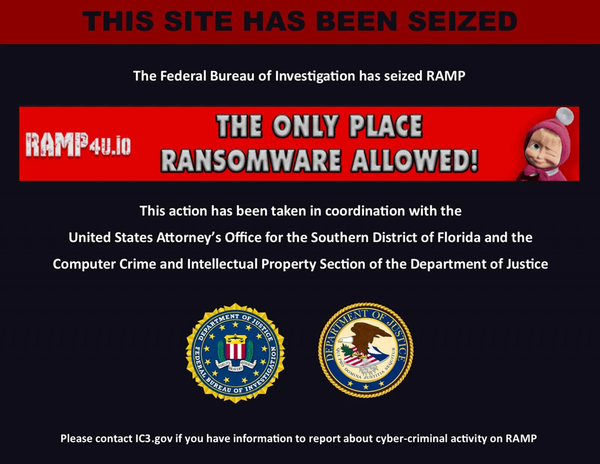Google and Amazon used secret code to dodge data disclosure laws, investigation
Suspected Conti member extradited to US from Ukraine, FCC will vote to eliminate cyber reporting requirements for carriers, UNC6384 targeted Hungarian and Belgian diplomatic entities, Medusa creators reportedly arrested in Russia, UK MoD officer left laptop open on train, much more





